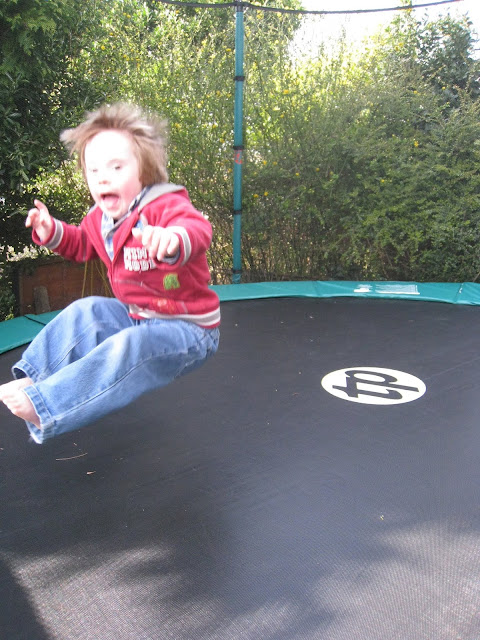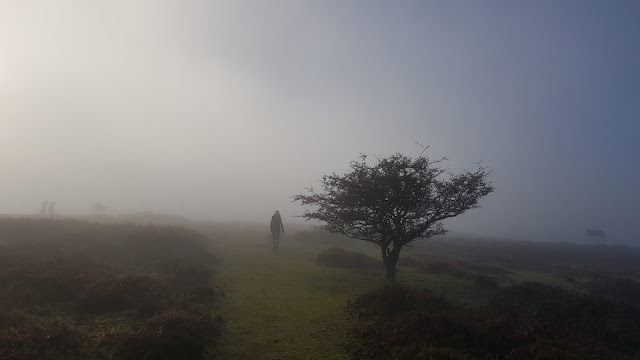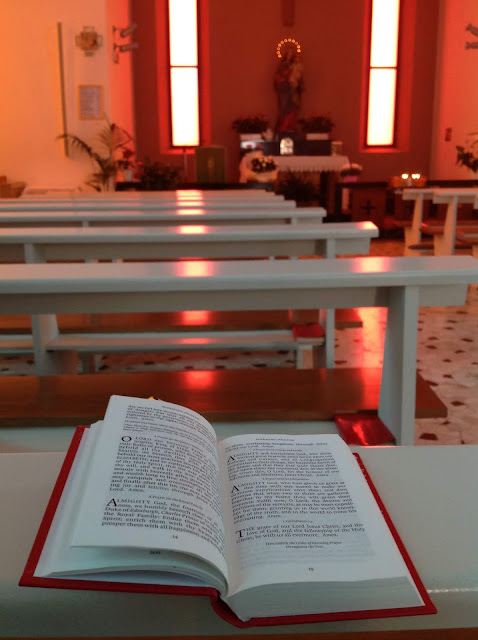Finding Fun

What a dreadful day (Joel 1:15) Well, my day was anything but dreadful. Caleb is following the school timetable at home. His lessons include Humanities, in which he make flags to show to the Grandparents every evening on Zoom, Social Activities, in which he plants something in the garden, and PE. For PE yesterday we had swimming. Now we don't have a swimming pool, surprise, surprise, but we do have a trampoline. For 18 months this wonder of the modern world has been left untouched in the garden, but, given a choice between a walk and a session on the trampoline, Caleb chose the easy option. And rediscovered an old joy. When he was young we invented some trampoline games. 'Food' involves me chasing him around the trampoline on my knees, calling out a home made rhyme, "I like toes for breakfast, I like toes for tea, I like toes for supper, now bring those toes here to me". It's not going to win any prizes but never fails to produce squeals of laughter. And the...











